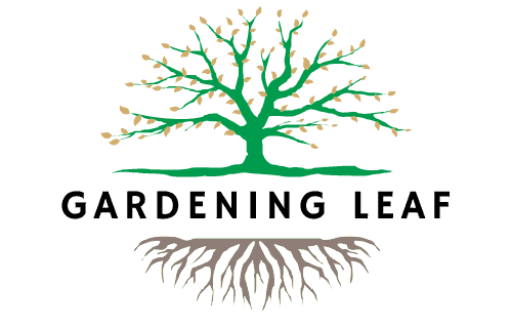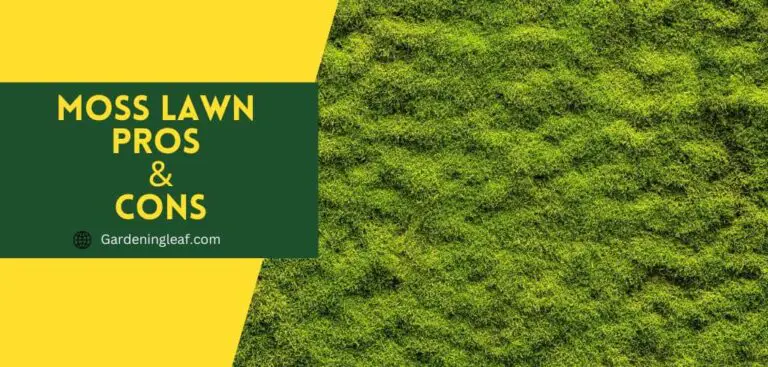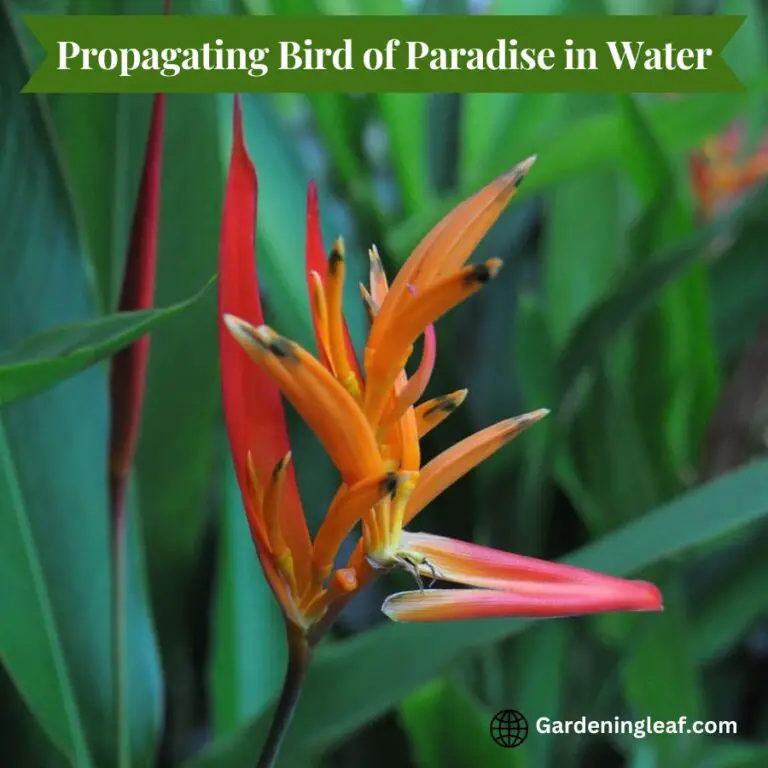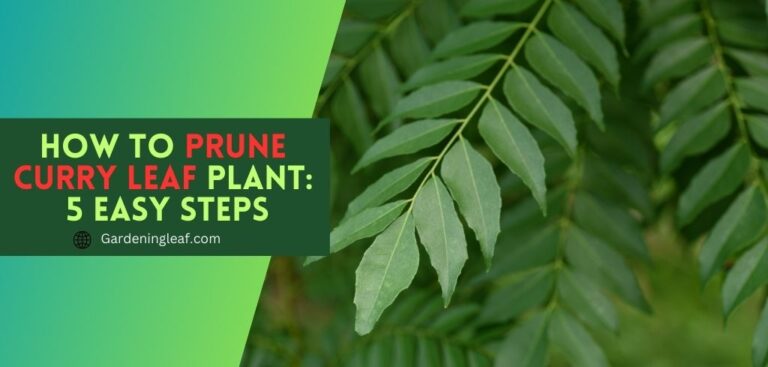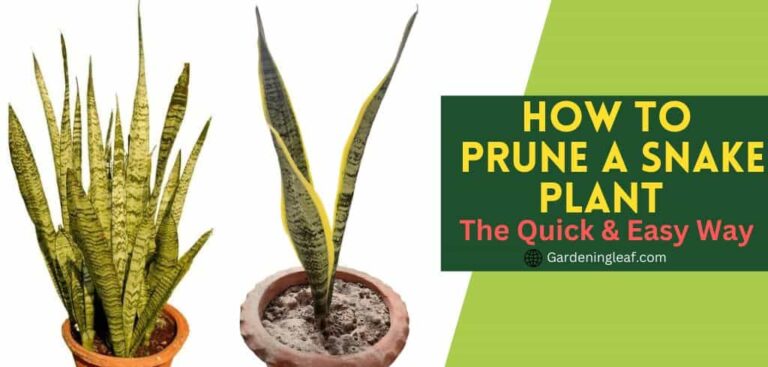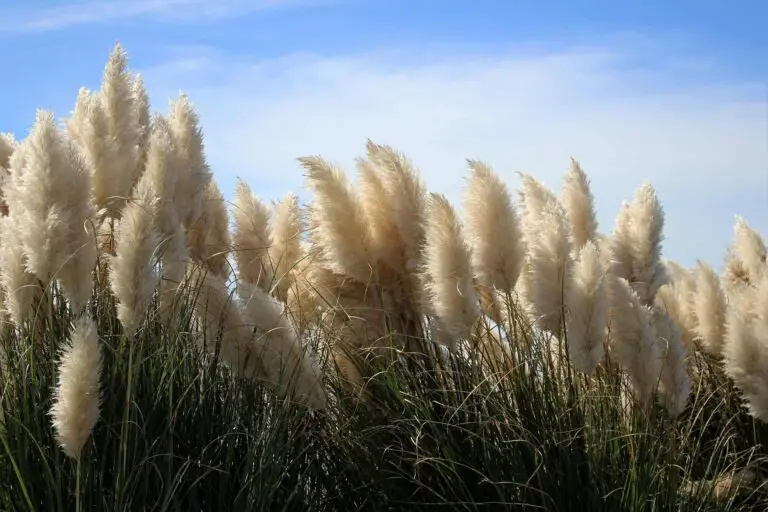6 Best Homemade Fertilizer for Elephant Ears
The elephant ear plant is one of the plant gardeners who often love to plant in their homes. Its large, heart-shaped leaves added more beauty to the home environment. But, they may suffer from dehydration and poor health if not properly fertilized.
To reach their full potential, these plants require a consistent supply of nutrients. While commercial fertilizers are effective, they can be costly and frequently contain hazardous chemicals harmful to the environment.
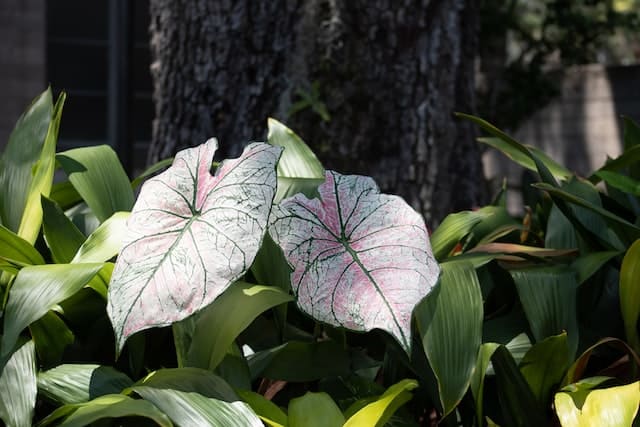
Fortunately, making your homemade fertilizer is easy and cost-effective. In this article, I’ll share some of the simple, easy-to-make homemade fertilizer for elephant ears.
By making your homemade fertilizer. You can ensure your elephant ears plants receive the nutrients they need to thrive. While minimizing your environmental impact.
What is an elephant ear?
“Elephant ear” is a common name for tropical plants in Colocasia and Alocasia. These plants are differentiated by their large, heart-shaped leaves resembling elephant ears.
They are also popular houseplants because they thrive in various indoor environments. At the same time, many species and cultivars of elephant ears exist. They generally prefer warm, humid conditions and well-draining soil.
Read more :- How To Propagate an Elephant Ear Plant : A Step-by-Step Guide
Best Homemade fertilizer for elephant ears
Making fertilizer is a simple and effective way to keep your elephant ears healthy and thriving. Below, we’ll review some of the best homemade fertilizers for elephant ears.
Fish emulsion
A fish emulsion, an organic fertilizer. It is made from using fish waste. The fish emulsion is packed with rich nutrients. Potassium, nitrogen, and phosphorus are necessary for plant growth. These nutrients support healthy plant growth.
Elephant ears and other plants benefit greatly from fish emulsion as an organic fertilizer. It’s a simple and effective method for promoting healthy plant growth without harsh chemicals.
One spoonful of a fish emulsion should be combined with one gallon of water for elephant ear plant fertilizer. As you apply the mixture to the potting soil surrounding the plant, be careful not to get it on the leaves.
When you use fish emulsion, It is important to follow the instructions when using fish emulsion. Overapplication can burn your tree, and you may face other issues.
Elephant ears should be fertilized from spring to fall when they are actively growing. It is best to start fertilizing once the plant produces new growth and stop fertilizing when the growth slows in the fall.
Fishbowl water
Fishbowl water is a simple and natural fertilizer. That provides plants with important nutrients without the use of chemicals. It’s made by adding fish bones, vegetable scraps, or dried flowers to the water in a fishbowl. Which creates a nutrient-rich solution that can be used to water plants.
Diluteit A tablespoon for 4 liters of water.
With fishbowl water, you can give your plants a nutrient boost while reusing waste materials simultaneously.
Compost tea
Tea compost is a natural and eco-friendly option for elephant ear fertilization. Using used tea bags and compost provides a sustainable source of nutrients for the plant. The nitrogen from the tea compost aids in soil health and helps suppress weeds’ growth.
The easy-to-follow process of creating tea compost makes it an accessible option for gardeners of all levels. Simply steep the used tea bags in a bucket of water, and mix in some organic compost (cow dung or Vermicompost). And let it leave for a few days. Once ready, mix the tea compost into the soil around the elephant ears for optimal growth.
Epsom salt
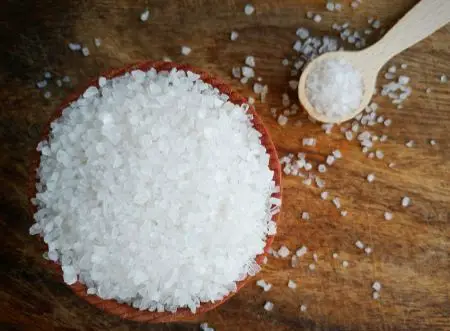
Epsom salt is highly effective for elephant ears. It is an organic source of sulfur and magnesium. Both nutrients are necessary for the healthy development of elephant ear plants.
Epsom salt can be sprayed directly onto the soil or as a foliar spray. It must be combined with water at 1/2 or 1 teaspoon per 2 liters.
This application should be made every two weeks for the best results. Epsom salt can also help control pests and diseases like fungus gnats, aphids, and mildew.
Overuse of Epsom salt can harm plants.
Compost
Compost is an ideal fertilizer for elephant ears. It provides a nutrient-rich soil amendment that helps improve soil health and promote plant growth.
It’s Made from decomposed organic material like leaves, yard waste, and food scraps. Compost is a nutrient-rich bio-composite.
It is a source of important plant nutrients with a slow release. It contains elements like potassium, phosphorus, and nitrogen.
It helps improve soil quality and water retention, promoting stronger, healthier roots.
Spread a layer around the elephant ear plant’s base, being careful not to cover the stems or leaves. Mix it into the soil before planting for an extra nutrient boost. Compost is an economical and eco-friendly fertilizer option. Making it the perfect choice for your elephant ear plants!
Banana Peel Fertilizer
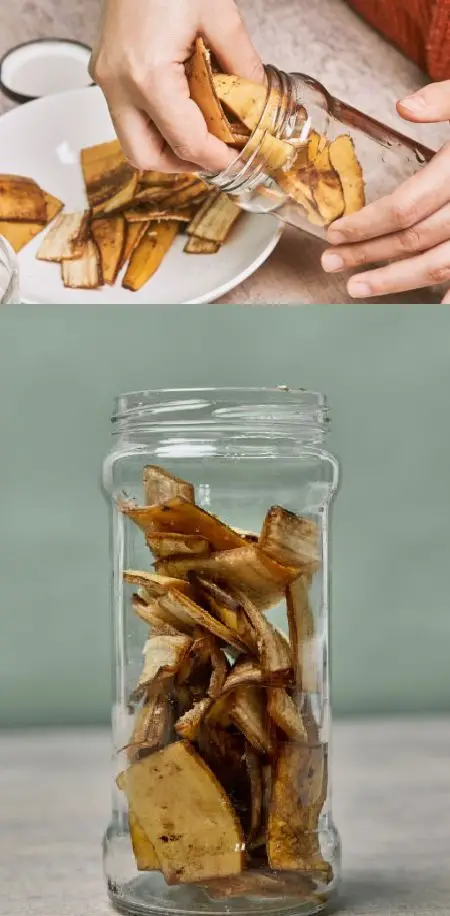
Banana peels are an excellent and cost-effective way to provide essential nutrients.
Plant nutrients, particularly potassium and phosphorus, are available in banana peels. Potassium plays an impotent role in promoting flowering and fruiting. while phosphorus is essential for root growth. Banana peels even contain calcium, magnesium, and sulfur.
To make the fertilizer. First, make 2-3 peels and chop the peels into small pieces. And put them in 1 liter of water and leave them for 1-2 weeks. After 2 weeks, you can directly apply that water to your plant soil. Many say to put it directly into the soil, but this can attract many insect pests, harming your plants. So it’s not recommended.
Read more :- 8 Best homemade fertilizer for money plant in water
Best Commercial Fertilizers
While Homemade Fertilizer for Elephant Ears can be effective and cost-efficient, not everyone has the time or resources to make their own. That’s where commercial best fertilizer comes in handy. They are formulated to provide the nutrients plants need for healthy growth and development. You can ensure your plants get nutrients with the right indoor plant food.
Osmocote Smart-Release Plant Food: It is designed to provide balanced nutrients to plants over an extended period. It is easy to use and suitable for various plants, including elephant ears.
Miracle-Gro Water Soluble All Purpose Plant Food:- Another popular commercial fertilizer that provides essential nutrients for plants to thrive. It includes a well-balanced combination of nitrogen, phosphorus, potassium, and other micronutrients essential for healthy plant growth.
Miracle-Gro Indoor Plant Food :- You can either directly apply this liquid fertilizer to the soil or combine it with water. Use once per week.
Organics Vegetable Fertilizer: – This organic fertilizer is designed for vegetable and fruit-bearing plants. But is also suitable for elephant ears. It is made from all-natural ingredients and provides slow-release nutrients for up to eight weeks.
20-20-20 All-Purpose Fertilizer :- It is a water-soluble fertilizer with a balanced nitrogen, phosphorus, and potassium ratio. With each nutrient level at 20%. It also includes other micronutrients like iron, manganese, and zinc.
How do you keep elephant ear plants healthy?
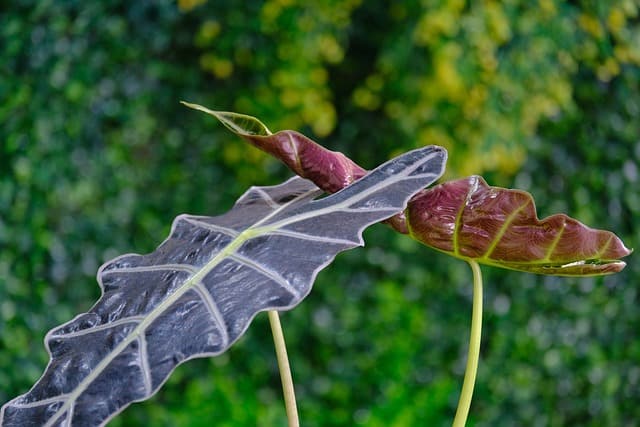
Here are some tips for keeping your elephant ear plants healthy:
Provide the right amount of water: Elephant ear plants need consistent moisture. But they shouldn’t be overwatered. Ensure moist soil. But not waterlogged, and allow the top layer to dry between waterings.
Give them enough light: Elephant ear plants prefer bright, indirect light. They can also tolerate shade but won’t grow as quickly.
Fertilization: During the growing season, fertilize your elephant ear plants with a balanced fertilizer every two to three weeks (spring and summer).
Prune as needed:
Trim off any dead or yellowing leaves to keep your elephant ear plant looking neat and healthy.
Protect from pests:
Pests such as spider mites and aphids attack elephant ear plants. Watch for signs of infestation and treat with insecticidal soap or another appropriate treatment as soon as possible.
FAQs
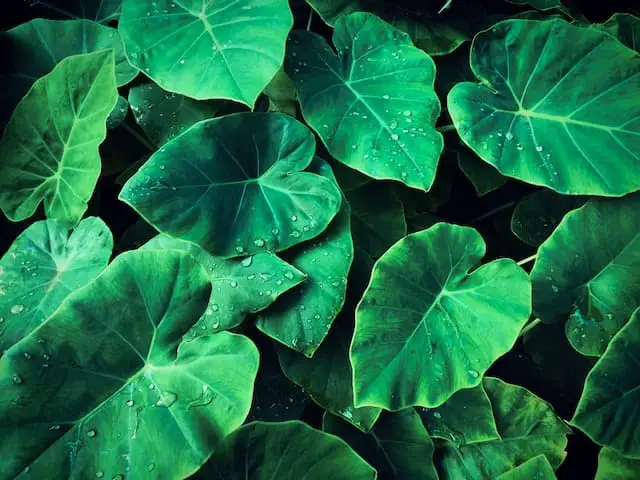
How often should I fertilize my elephant ears?
Elephant ears must be fertilized every 4-6 weeks during the growing season. But it is essential to adhere to the specific fertilizer instructions and make adjustments as necessary.
Over-fertilizing can cause leaf burn or root damage. while under-fertilizing can cause stunted growth and leaf yellowing. Before applying fertilizer, check the soil moisture level, as dry soil can prevent the absorption of nutrients.
What are the benefits of using homemade elephant ear fertilizer?
Using homemade elephant ear fertilizer has several benefits, including:
Cost-effectiveness: Homemade fertilizers are often cheaper than commercial fertilizers. They can be made using common household items or organic materials in the garden.
Organic material: Homemade fertilizers are usually made from organic materials. This means they are free from harmful chemicals that can harm the environment.
Customizable: With homemade fertilizers, you can customize the nutrient content to the specific needs of your elephant ear plants.
Improved soil health: Fertilizers made at home can enhance soil health by enriching the soil with organic matter, advantageous microorganisms, and nutrients.
Sustainable: Making and using homemade fertilizers promotes sustainability by reducing waste and reliance on synthetic fertilizers.
Is it safe to use elephant ear fertilizer around pets and children?
It is generally safe to use elephant ear fertilizer around pets and children. But it’s important to keep animals and kids out of the area while you apply the fertilizer. Also, always read the instructions on any store-bought fertilizers you use. Ensure following all safety protocols when handling, storing and disposing of fertilizer products.
Do elephant ear plants like coffee?
While elephant ear plants can tolerate small amounts of coffee grounds, it is not recommended as a primary fertilizer or soil amendment. Coffee grounds can be slightly acidic and contain caffeine, inhibiting growth and harming the plant if used excessively. It’s best to stick to organic matter, compost, and other recommended fertilizers to ensure the health and longevity of your elephant ear plant.
How to fertilize elephant ears indoors?
Indoor Elephant Ears are a beautiful addition to any home or office setting. There are Varieties such as Cranberry Taro, Black Magic, Chicago Harlequin, and Black Stem have been known to thrive indoors and can reach heights of 3 to 5 feet, making them moderate-sized indoor plants. Keep your Elephant Ears in well-draining soil for the best results, and provide them with indirect sunlight or partial shade. With the proper care, these varieties of Elephant Ears will provide vibrant foliage in any living space.
Read More:- 8 Best homemade fertilizer for money plant in water
Conclusion
As heavy feeders, elephant ears require adequate nutrients to thrive. . Fertilizing provides the necessary minerals to support natural growth and vibrant foliage. Homemade fertilizer for elephant ears is a great way to give your plants the nutrients they need for optimal health and growth. With a bit of research and a little time, you can create fertilizer for your elephant ears that are both affordable and effective. Regular use allows you to see lush, healthy plants with beautiful foliage.
Source :- https://hort.extension.wisc.edu/articles/elephant-ears-colocasia-alocasia-and-xanthosoma/
